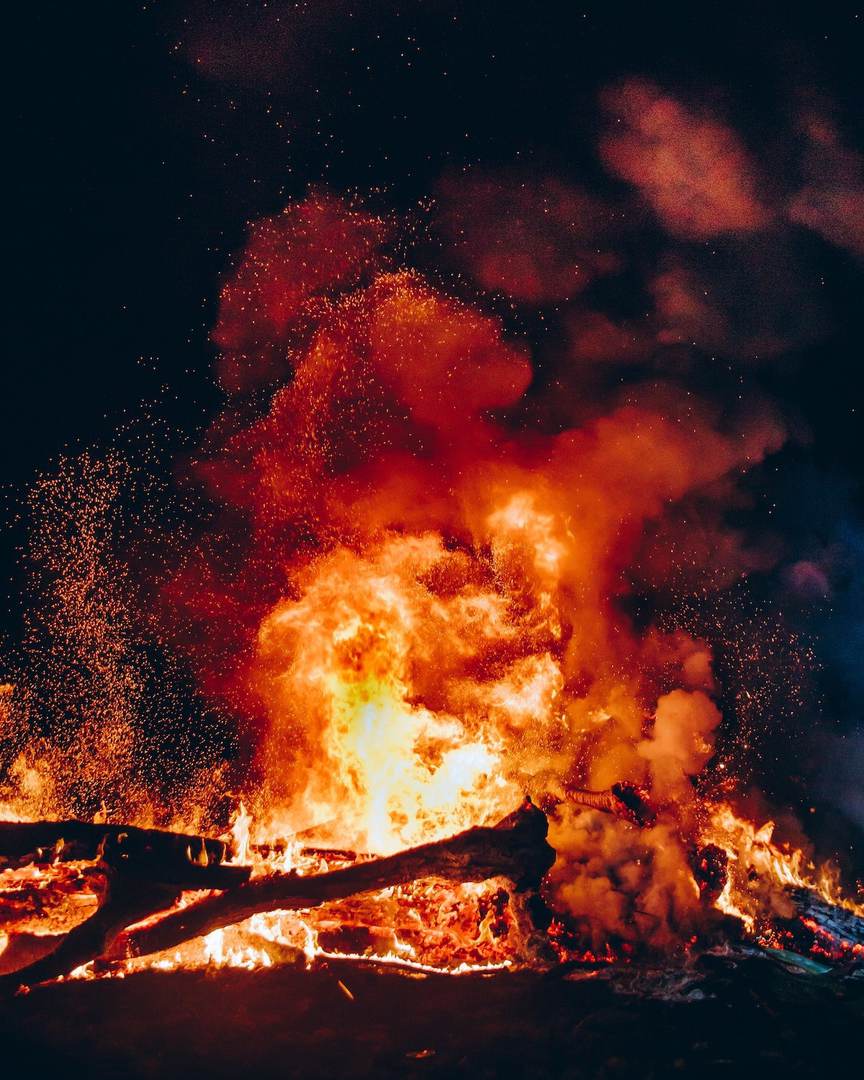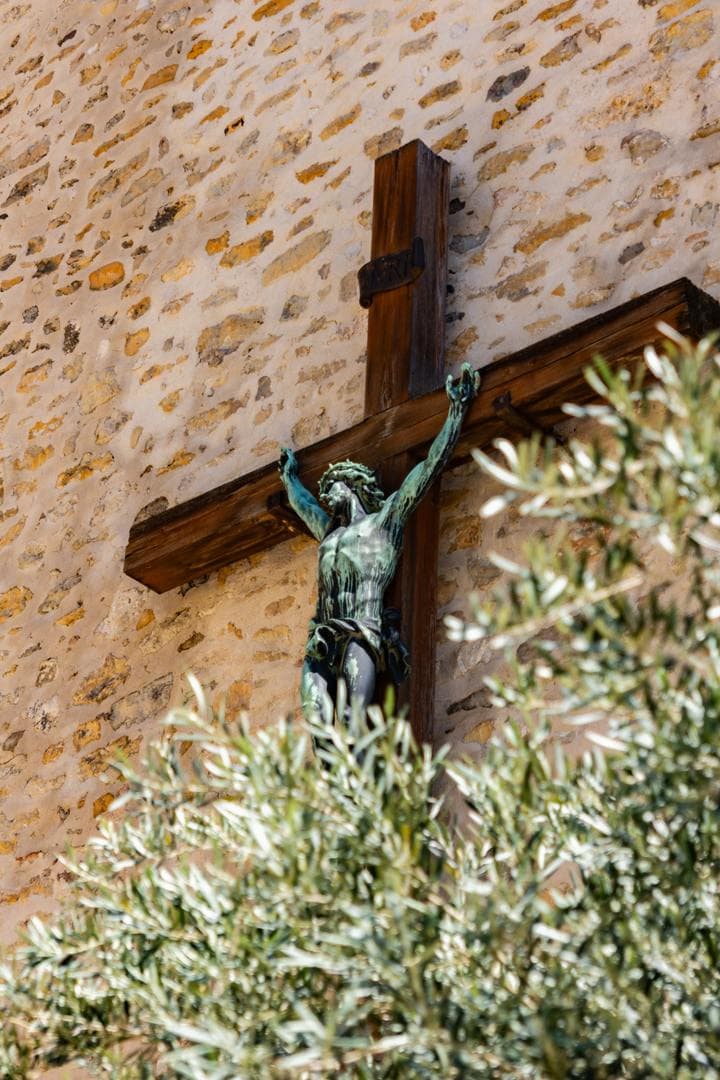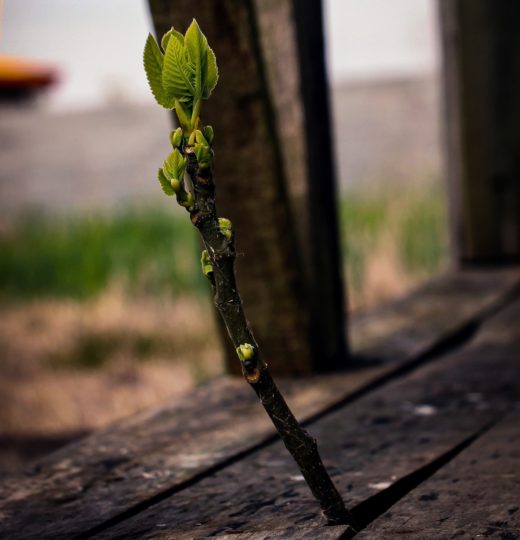The world is falling apart.
Many people believe that we are in the apocalypse. Everything seems to be getting worse. First there was COVID-19. More than 200,000 people have died from this novel virus. It creates a death toll of a 9/11 every three days.
And 2020 brought into focus the police brutality that has been with us for generations.

Last week’s ruling of the Breonna Taylor case was another example that in the United States police can kill a black person with impunity. As Brittany Packnett Cunningham claimed, “Black America was told once again…that a young black woman’s life was of less value than the dry wall that she slept next to.”
Then there were natural disasters throughout the United States like wildfires and hurricanes and some massive storms in the Midwest called a “derecho.” I used to live in the Midwest and this is the first time I have ever heard of a derecho.
Thank you, 2020.
And then Ruth Bader Ginsburg died, which has led us into a struggle for what to do next and how to do it.
We’ve been so divided on so many issues, unable to face big problems like covid, racism, injustice together. We blame and accuse, divide and nurse grudges — how can we find a way forward. Where is the hope when we can’t even agree on basic facts?
Biblical hope is a verb. It’s an action.
What Is Hope?
To many, the problems of our day seem to be of biblical proportions. We seem to be on the verge of the apocalypse. But let me tell you about something else of biblical proportions – hope.
First, I need to tell you what hope is not. Hope is not primarily a feeling. Nor is hope merely positive thinking about the future. Hope doesn’t sit back and say, “Well, I hope this gets better” and then expect someone else to solve our problems.
Biblical hope is a verb. It’s an action.
Hope is defiance. It looks at how the world is in all of its ugly problems and it insists that a better world is possible.
Hope is resilience. It doesn’t sugar coat the trauma or pain or corruption that we experience. It names those things for what they are and it claims that those things will not have the last word in our lives.
The Olive
Branch
Take A Breath with Us
Our weekly newsletter creates a space to take a breath. Once we slow down, we can see the way desire, imitation, and conflict operate in our lives and in the world, and begin to create peace. In addition to the newsletter, you will receive the free "Unlearn the Bible" ebook when you subscribe.
Hope and the Bible
Take Moses and the Hebrew slaves who were in Egypt for generations. They didn’t feel any hope. In fact, they felt like things were hopeless. They cried out in their agony and God heard their cries. And then God worked through Moses, Aaron, Miriam and the Hebrew people to deliver the Hebrews from the hand of Egypt.
Generations later, when the Jewish people were conquered by the Babylonian Empire and forced into exile, they told themselves the story of Moses and the Exodus. They reminded themselves that God heard the cry of their ancestors in Egypt and that gave them the assurance that God heard their cry in exile. They reminded themselves that God worked through Moses, Aaron, and Miriam to bring liberation and they trusted that God would work through them to bring about their liberation, too.
That’s what hope is all about. It’s trusting that even in the worst circumstances, God is working in the world, and God can work through us. When the letter to the Hebrews says, “Now faith is confidence in what we hope for and assurance about what we do not see,” it connects faith, hope, and assurance. You can see how those concepts played out for the Jewish people. They had faith that God was with them. They hoped that God would work through them. They had assurance that God would liberate them.
Hope and the Apocalypse
Whenever we are talking about the apocalypse, it’s important to keep in mind that it does not mean, “end of the world destruction.” Apocalypse literally means, “unveiling” or “revealing.” An apocalypse is a revelation about God and about humanity.
Apocalypses, or revealings, often come through times of suffering. That’s not to glorify suffering. In and of itself, there is nothing glorious about suffering. But suffering does provide us with opportunity. Times of suffering are great opportunities to witness an apocalyptic moment because all of the distractions are swept away. For example, when the Jewish people were conquered and forced into the Babylonian Exile, most of them had nothing. Their lives were torn apart. Their Temple, the great place of worship where God lived, was destroyed.
It was during this time of great suffering that the Jewish people received an apocalypse. The revelation God gave them during this time was that God didn’t reside in a Temple. In fact, the whole earth is full of God’s glory. And more than that, God was with them during their time of exile. God hadn’t abandoned them. Rather, God was with them.
For Christians, Jesus is the ultimate apocalypse. He is the concrete revelation of God and of humanity.

The cross was a traumatic experience for Jesus and his followers. Just like the Jews felt hopeless during the Babylonian Exile, Jesus’ followers felt hopeless during the crucifixion. They hoped that Jesus would be their Messiah, their King. And what do kings normally do?
They build up an army. They take up the sword. They kill their enemies.
But hope in violence is not the hope that Jesus gives us.
The hope that Jesus gives us is the hope of nonviolent action in the face of injustice. Because he had hope in the face of injustice, Jesus confronted the powers of injustice. He went to the Temple, which had fallen into corruption. The Temple was the religious, political, and economic center of Jesus’ culture. In the days of the prophet Jeremiah, the Temple had become a den of robbers. Jesus said the same thing about the Temple during his day. And so the place that was supposed to bring about life and prosperity only brought death and poverty. Jesus named the Temple for what it had become because Jesus had hope.
Hope for Today

Yes, today the world feels like it is falling apart. But the world fell apart for the Hebrews. And the world fell apart for the Jewish people during the Babylonian Exile. And the world fell apart for Jesus and his followers.
But each time the world fell apart, people of faith reminded themselves that even when the world is falling apart, God hasn’t given up on us. Rather, God is with us. God goes with us through the trauma and the tragedy, the despair and the darkness. God is radically present with us and so we can be radically present with one another.
It is in that radical presence that leads us to struggle for a better world where we find hope.

